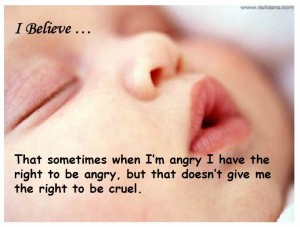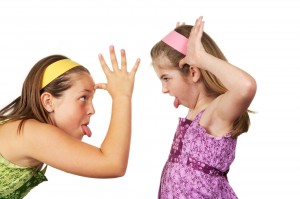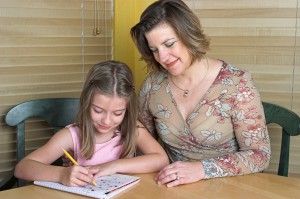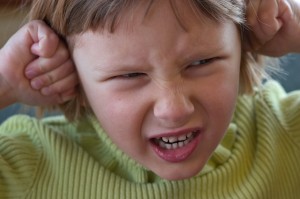Receive your FREE Parenting Advice through this blog. Simply ask Bob Lancer your question and receive his Lancer’s Answer in this blog.
Help for parents is usually focused on practical matters.
We want our kids to be practical, responsible, grounded. We want them to be reasonable.

Children believe there is nothing wonderful that they can imagine doing that they cannot in fact accomplish
But don’t we also want them to preserve their MAGIC?
After all, it is possible to be TOO practical.
In a sense, being too practical is really not being practical. Being TOO practical can cost you your optimism and prevent you from taking risks that you really ought to take. Help for parents needs to include how to relate with the child’s delicate quality of enchantment.
Children start out believing in magic. They believe that anything is possible. They believe there is nothing wonderful that they can imagine doing that they cannot in fact accomplish.
Tips for parent need to include preserving the magic of believing that anything wonderful is possible.
We need to believe in this magic. For life really is quite magical. The very fact of existence itself is really unfathomable. The most elaborate scientific theory only goes so far and always leaves us at the brink of mystery.
What are your thoughts about preserving the magical quality of a child’s spirit?
Do you believe that magic can actually help your child succeed?
What is magical about your child that you want to preserve?
Please share your child’s magic and your thoughts about this topic in this blog.
Here is some magical help for parents:
Envision your child as a sacred blessing, a winner, a wonderful human being. The magical power of vision functions as a self-fulfilling prophecy.
Receive your FREE Parenting Advice through this blog. Simply ask Bob Lancer your question and receive his Lancer’s Answer in this blog.





 button.
button. 
































